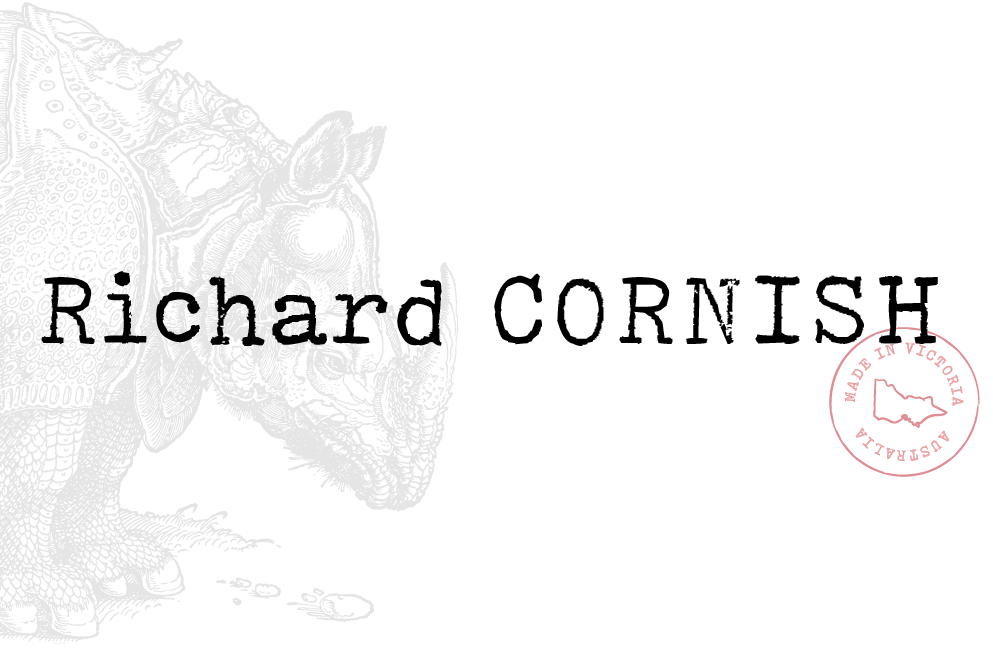100-year-old Mother
Debra Doering is the custodian of Australia’s most important food relic. But she doesn’t know it. She cooks on an electric stove in the old Doering farmhouse on the outskirts of the Barossa Valley. It was built in the early 1900s and an old wood-fired oven sits defiantly silent in the centre of the room. In her electric oven, every week, she bakes a loaf of sourdough bread. She makes it from the bubbling mass she holds in an old ceramic pot. It is covered by an enamel child’s plate, marked out with roman numerals. This belonged to her husband’s grandfather.
Debra married into a traditional Barossa German family. Although she was from German/Australian parentage, when she married her husband Paul she wasn’t quite prepared for the culture shock. South Australia’s Barossa Valley was settled by Silesian Germans who were escaping the political upheaval of mid-19th century Europe. They bought with them survival skills to outlast the seasons, outlast the enemies and, eventually, outlast their diaspora. “When Paul’s family couldn’t remember a word in English they would use German words,” she says.
The sourdough mother was passed to Debra by her mother-in-law Moan Doering. She was taught by her mother Hurda Noack. Moan had received the diagnosis from her doctor that her heart was giving out. Debra had stood by her mother-in-law watching her boil the hops and the potatoes together, strain off the liquid and mash the potatoes with flour and sugar. This is mixed with the ‘mother’ from the previous week and half of it is used to leaven the family bread. The rest is sent to bubble away in a century-old pot covered by a century-old plate. This, in turn, is bottled in two separate bottles.
“There’s always two in case one breaks,” says Debra Doering. Moan Doering died 10 years ago as the doctor predicted.
The Barossa women don’t make hop bread anymore. Debra is the last. Despite her husband Paul’s busy grain business, she still makes the bread each week and when she can’t she still cooks up the potatoes and hops to feed the mother. She could be the last of the generation. The last on the planet.
Debra can trace the sourdough mother back to her mother-in-law’s mother. “I know the mother is quite old,” she says. “German women would swap bottles of the mixture to change the flavour of their bread.”
Paul and Debra’s son, however has married a local girl, Ebony, who holds traditions dear. They all live under the same roof and Ebony, too, watches over her mother-in-law’s shoulder as she mixes the ingredients to feed the mother to make the dough. Says Debra, “She has taken on the Doering name and the recipe for bread that goes with it.”
